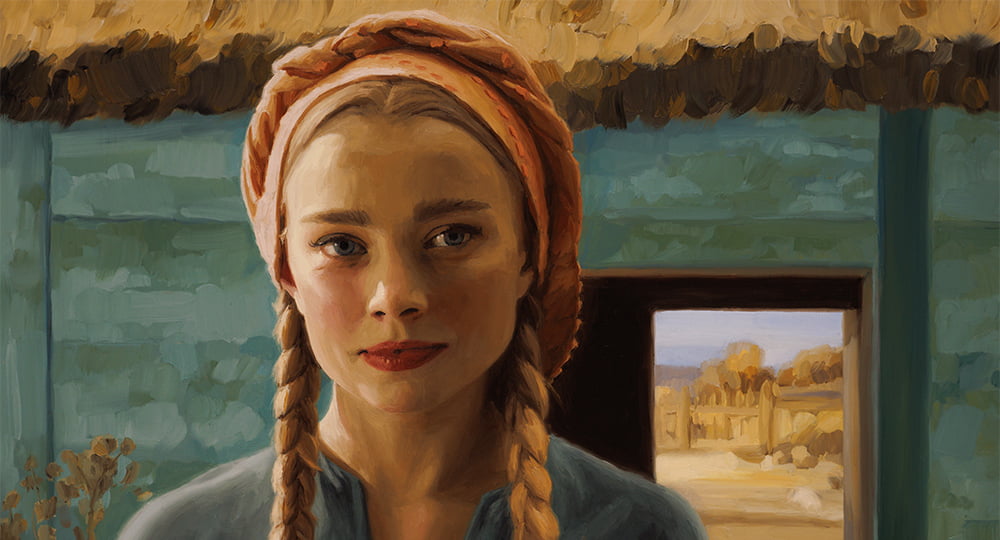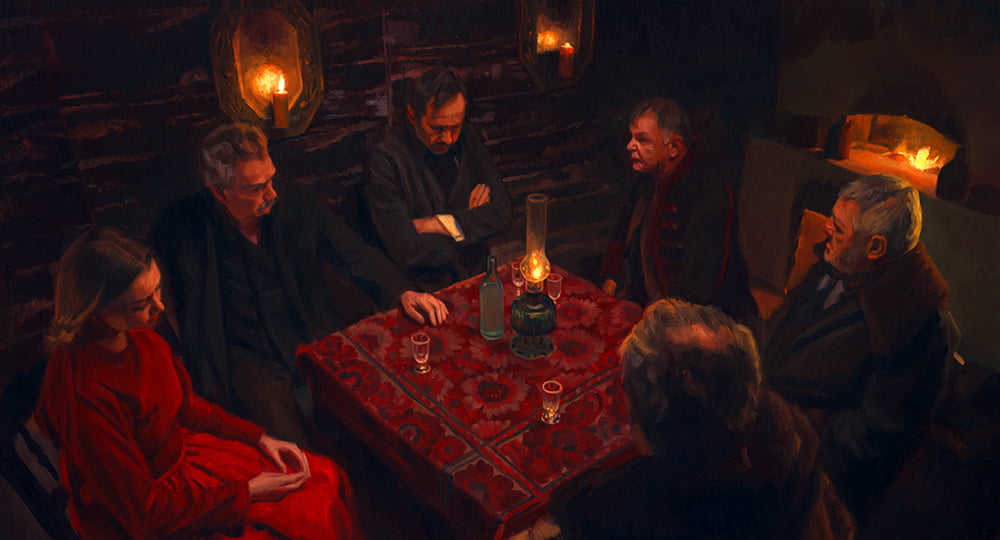MOVIE
‘The Peasant’, winner of the Nobel Prize in Literature, is reborn as an oil painting animation ‘The Four Seasons of Lipse’

'The Four Seasons of Lipse' is highly anticipated as it depicts the solid story of the Nobel Prize-winning work on the screen with detailed drawing and powerful music. ‘The Four Seasons of Lipse’ is an oil painting animation that depicts the passionate desires and inevitable fate of the yagna and village people against the background of the four seasons of the village of Lipse, Poland in the late 1800s.
The film's original novel, 'The Peasant', is a work by Władysław Reymont, a writer loved by the Polish people who won the Nobel Prize in Literature in 1924, and is composed of a total of four parts in accordance with the flow of the four seasons. Over the course of a year, it realistically depicted the villagers' struggles and desires for life, as well as the sad and heartbreaking moments of life, garnering enthusiastic response from around the world. In this way, 'The Four Seasons of Lipse', which not only received literary recognition by winning the Nobel Prize in Literature, but is also based on a national novel that all Polish students must learn, makes people look forward to the lively story that will be shown in the movie.

Director DK Welchman also said, “Through the painting animation technique, I was able to convey both the poetic nuances and stories about nature, which takes up a large part of the work,” and is looking forward to seeing the novel, which won the Nobel Prize in Literature, be reborn when it meets Yu Hwa’s unrivaled drawing. It makes you do it. In addition, the lively appearance of the villagers of Lipse, who enjoy dancing and music in the original novel, was brought to life on the screen with powerful visuals and dynamic music.
Released on January 10, 2024.
Choi Ji-ye, Ten Asia Reporter wisdomart@tenasia.co.kr
